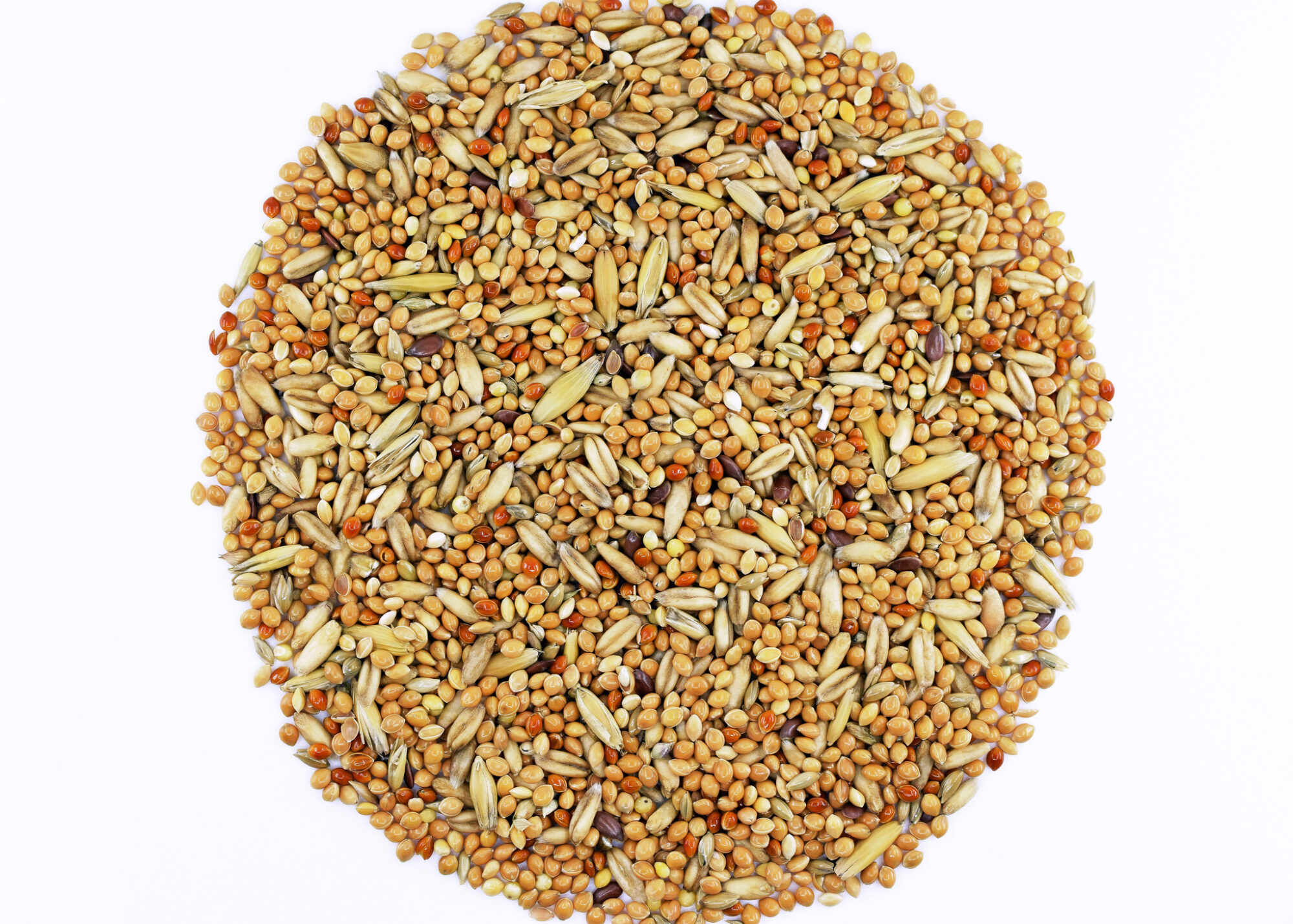The Link Between Pet Diet and Behavior

We have long understood that what we eat can have a huge impact on our overall health and wellbeing, both for animals and humans. We are really just beginning to get a grasp on how pet diet and behavior are linked, though. Texas Avian and Exotic Hospital is excited to share all that we have learned.
Pet Diet and Behavior
A healthy pet is a happy pet, and starting off with a solid nutritional foundation is never a bad place to start.
Ensuring that your pet is fed a balanced and complete diet can help growth and brain development, leading to a well adjusted animal in adulthood. For instance, polyunsaturated fatty acids like DHA are well documented to be influential in brain development.
The Role of Hormones in Development
Much of behavior is controlled by hormones throughout the bloodstream and neurotransmitters in the brain. These compounds are derived from nutritional precursors, and it is only logical to deduce that intake has some influence on them.
For instance, serotonin in the brain is derived from the amino acid tryptophan. Serotonin imbalances can contribute to aggression, self-mutilation, and overall stress tolerance.
We understand a little less about overall pet diet and how it directly influences normal behavior. It does make sense, though, that an animal who has all of their needs met and feels sated and secure would have less issues in the behavioral realm.
Some research has been done into protein levels and pet behavior, but more is needed to fully understand any influence. For now, it is best to choose a balanced pet food that your pet appears to thrive on. Don’t hesitate to ask us for recommendations.
Cognitive Dysfunction and Other Diagnoses
We can have a little more information about pet diet and behavior with some specific diagnoses.
In particular, canine and feline cognitive dysfunction syndrome (CDS), has been explored as a model of dementia and Alzheimers in humans. The nutritional role of antioxidants and omega-3 fatty acids has been investigated as a possible link. From this research, we understand that certain diets can improve cognitive function and slow decline. The following can be beneficial to combat the development of the disease:
- Fish oil
- B vitamins
- Vitamins E and C
- The amino acid arginine
- Medium chain triglycerides
There is also ongoing research into S-adenosylmethionine and phosphatidylserine as beneficial brain compounds.
Besides CDS, there is evidence that nutrition can influence other behavioral issues. For instance, we are learning how certain probiotic strains can be used to change the gastrointestinal flora to lessen anxiety in pets.
Understanding the link between pet diet and behavior is still in its infancy, but we are excited to learn more about how we can help our non-human housemates to thrive through nutrition. After all, we all know that you are what you eat!

